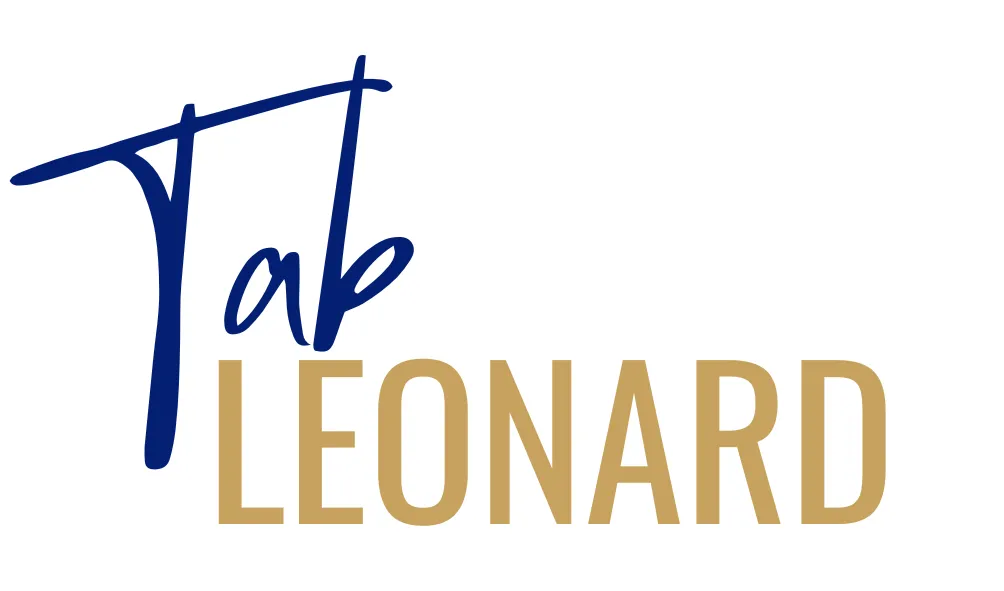Schedule A Clarity Call
Secure your appointment to begin your reset. It’s time to reclaim your clarity, confidence, and impact—without burning out. Let’s get started.
FREE Access to Tab’s Newsletter


I’ll only send what’s truly helpful — and never share your details with anyone.
Unsubscribe anytime.




